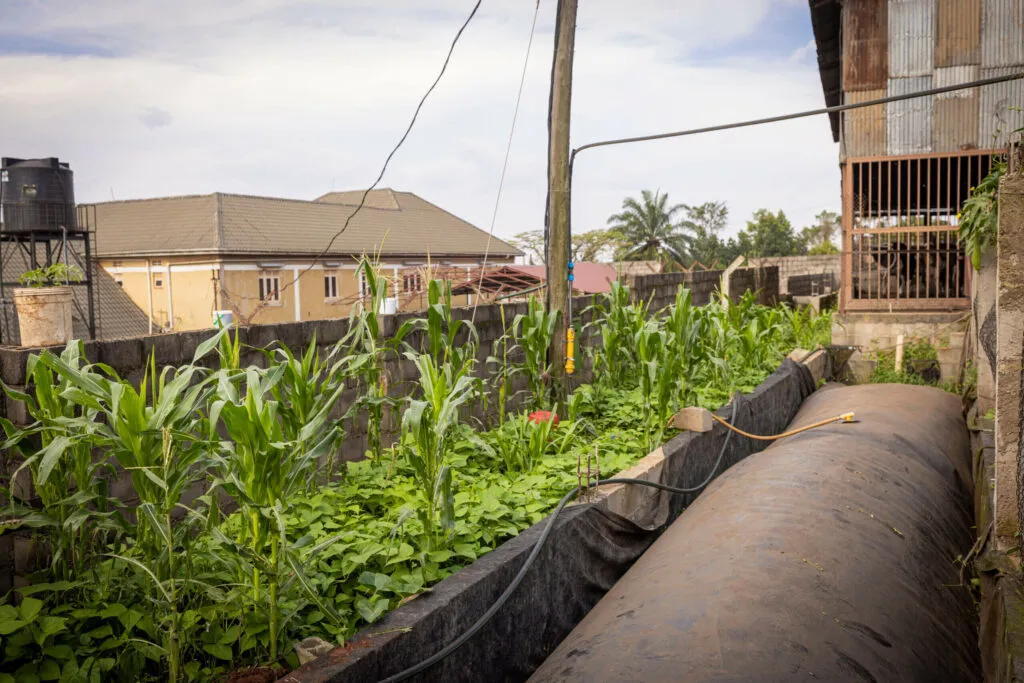In the heart of Eastern Uganda, a groundbreaking study is unfolding, promising to revolutionize dryland farming and water management in arid regions. Morris Amanya, a researcher from the Department of Agricultural Mechanization and Irrigation Engineering at Busitema University, is leading the charge with a novel approach to combat drought stress and enhance crop productivity using super-absorbent polymers (SAPs) derived from agro-waste products.
Amanya’s research, published in the journal ‘Discover Soil’ (which translates to ‘Exploring Soil’), focuses on the development and application of cellulose-based SAPs, or agro-hydrogels, synthesized from sawdust and coffee husks. These eco-friendly polymers are designed to minimize drought stress, improve soil health, and increase water availability in the plant rhizosphere.
The study addresses three critical questions: the water absorption capacity of SAPs derived from agro-waste, the influence of their physical properties on moisture retention, and their impact on crop growth and yield. The findings are promising. SAPs-amended soils stored a significant amount of water and released it gradually to the plant roots, enhancing irrigation efficiency and crop productivity.
“Adopting SAPs could become a climate-smart and sustainable approach to water conservation,” Amanya explains. The polymer synthesized from sawdust absorbed and retained more water (30%) than that from coffee husks (10%), suggesting a potential for tailored solutions based on local agro-waste availability.
The implications for the energy sector are substantial. Efficient water management is crucial for sustainable agriculture, which in turn supports food security and reduces the need for energy-intensive irrigation methods. By enhancing soil moisture retention and crop productivity, SAPs can contribute to more resilient and productive dryland farming systems, particularly in water-scarce and saline regions.
This research opens doors to future developments in soil science and agricultural technology. As climate change continues to exacerbate drought conditions, innovative solutions like these SAPs will be vital in ensuring food security and sustainable water management. The study’s findings could pave the way for further research into the development and application of agro-hydrogels, potentially transforming dryland agriculture and contributing to a more sustainable future.
In the words of Amanya, “This is just the beginning. The potential for these polymers to improve soil health and crop productivity is immense, and we are excited to explore their applications further.” As the world grapples with the challenges of climate change and water scarcity, such innovations offer a beacon of hope for a more sustainable and resilient future.

